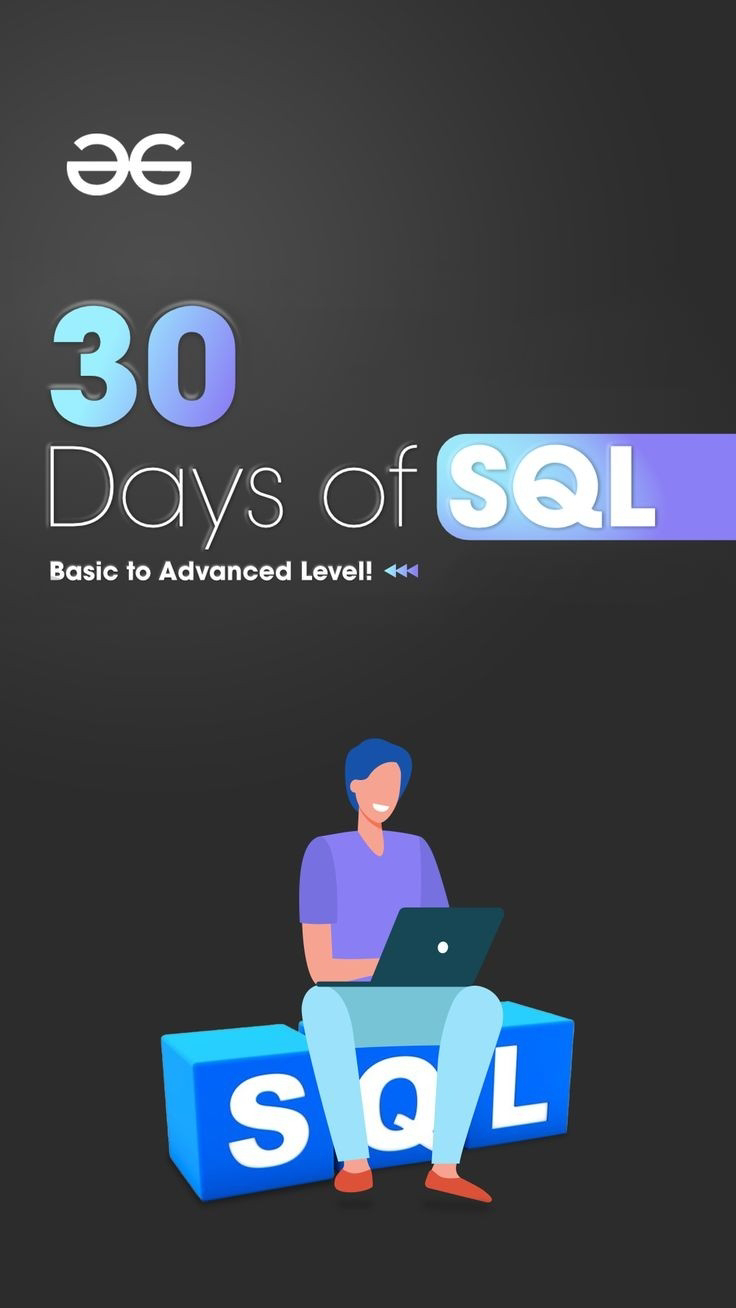A.I.FOR BEGINNER
Getting started with AI for beginners is an exciting journey. Here are steps and resources to help you begin:
1. **Understand What AI Is**: Start by learning the basics of artificial intelligence. AI refers to machines or computer systems that can perform tasks typically requiring human intelligence, such as learning, problem-solving, and decision-making.
2. **Learn Python**: Python is a widely-used programming language for AI and machine learning. There are many beginner-friendly resources and tutorials available online. You can start with platforms like Codecademy or Coursera.
3. **Math Fundamentals**: Understanding the math behind AI is essential. Focus on linear algebra, calculus, and statistics. There are numerous online courses and textbooks available.
4. **Machine Learning Basics**: Get acquainted with machine learning concepts. "Introduction to Machine Learning" courses on platforms like Coursera or edX are a good starting point.
5. **Deep Learning**: Deep learning is a subset of machine learning that has gained popularity. You can study deep learning frameworks like TensorFlow and PyTorch. Both offer comprehensive documentation and beginner tutorials.
6. **Online Courses and Tutorials**: Enroll in free online courses such as "Machine Learning" on Coursera by Andrew Ng or "Deep Learning Specialization" on Coursera by deeplearning.ai.
7. **Read and Explore**: Stay updated by reading books, research papers, and articles on AI. Sites like arXiv and Medium often have valuable AI content.
8. **Hands-On Projects**: Start small AI projects to apply what you've learned. Projects help solidify your understanding. Kaggle offers datasets and competitions for practice.
9. **AI Libraries and Tools**: Familiarize yourself with AI libraries and tools like scikit-learn, TensorFlow, and PyTorch.
10. **Join AI Communities**: Participate in online AI communities and forums like Reddit's r/MachineLearning, Stack Overflow, or GitHub. They're great for asking questions and collaborating on projects.
11. **Ethical Considerations**: Learn about AI ethics and responsible AI. Understanding the ethical implications of AI is essential.
12. **Online Courses and Certifications**: If you want structured learning, consider online certifications. Websites like Coursera and edX offer AI-related courses and certifications.
13. **Experiment and Build**: Experiment with AI projects, even if they're simple at first. Gradually, as you gain confidence, work on more complex projects.
14. **Keep Learning**: AI is a rapidly evolving field. Continue to learn and stay updated with the latest advancements through blogs, podcasts, and newsletters.
15. **Networking**: Attend AI meetups, conferences, and webinars to network with professionals in the field.
Remember, AI is a vast field, and it's okay to start small and gradually delve into more advanced topics. Consistency and practice are key to becoming proficient in AI.


Comments
Post a Comment